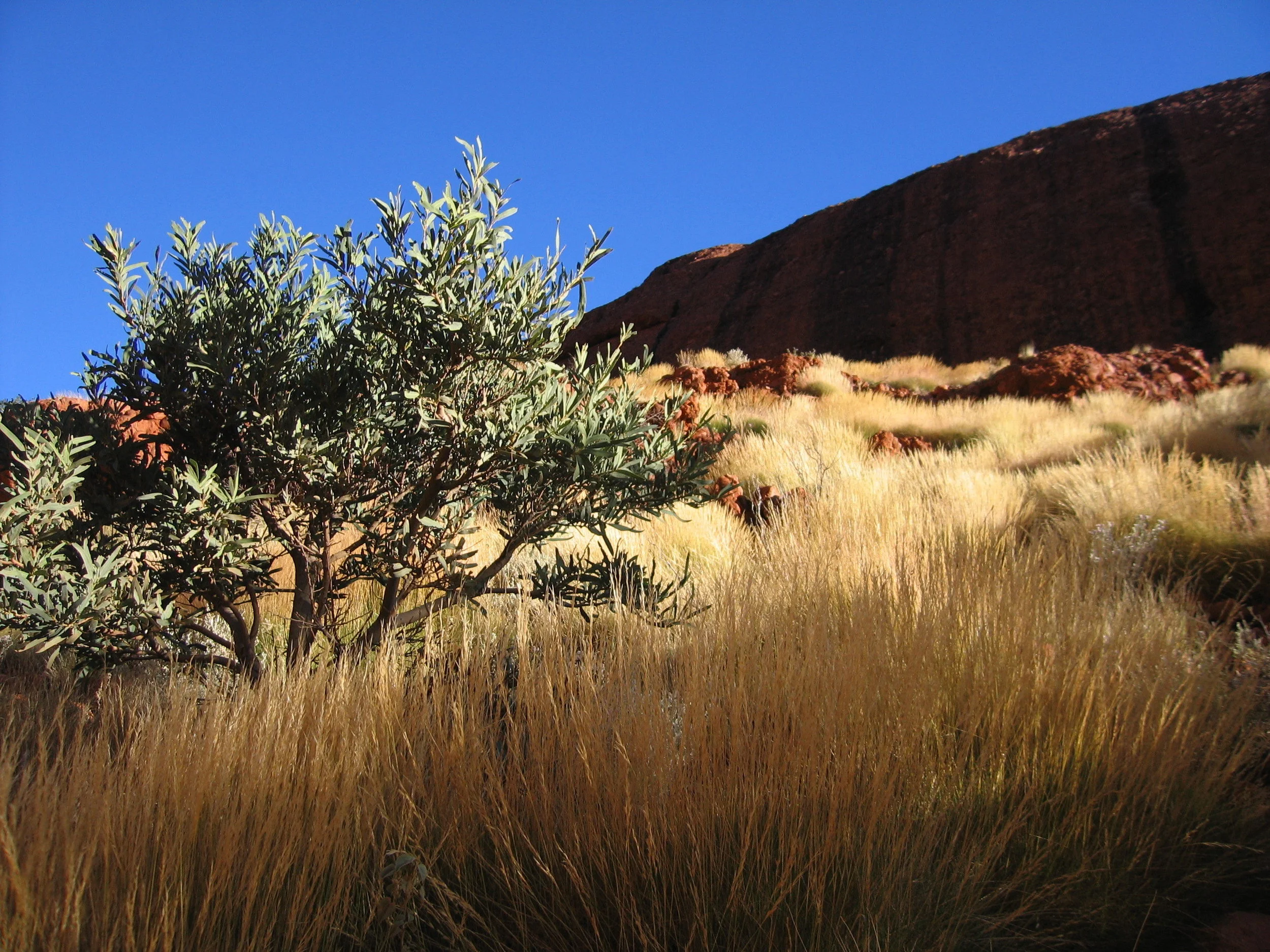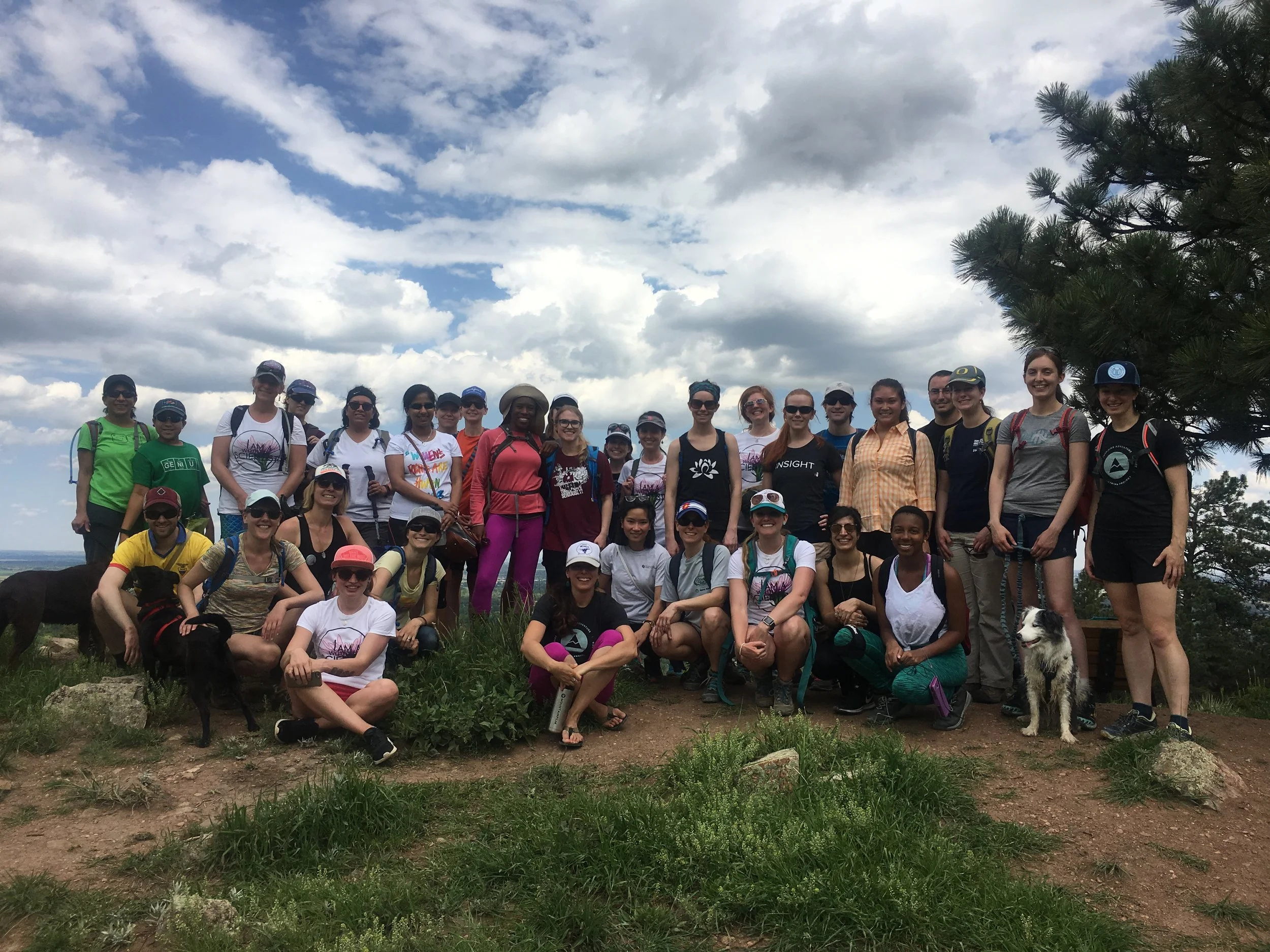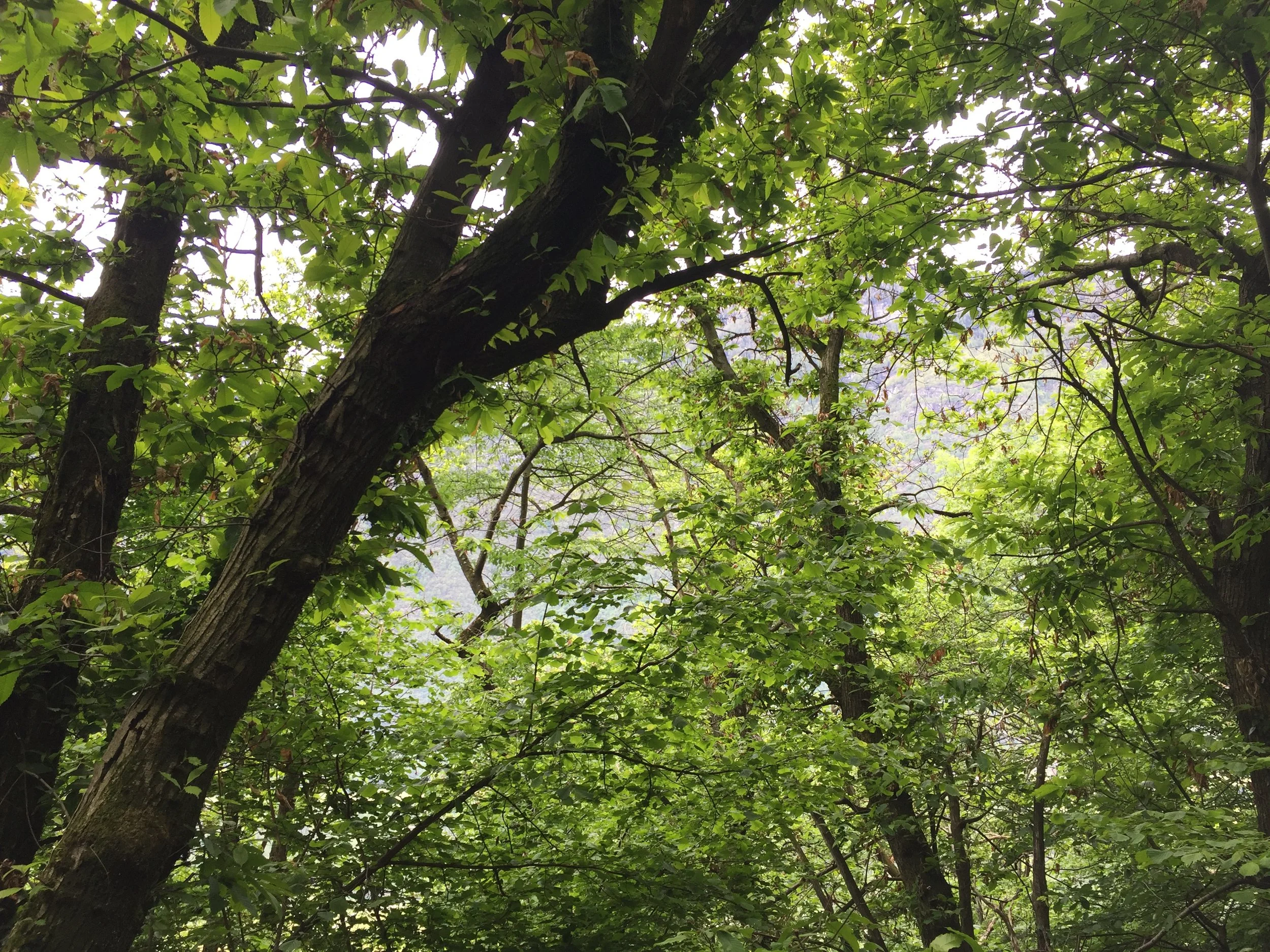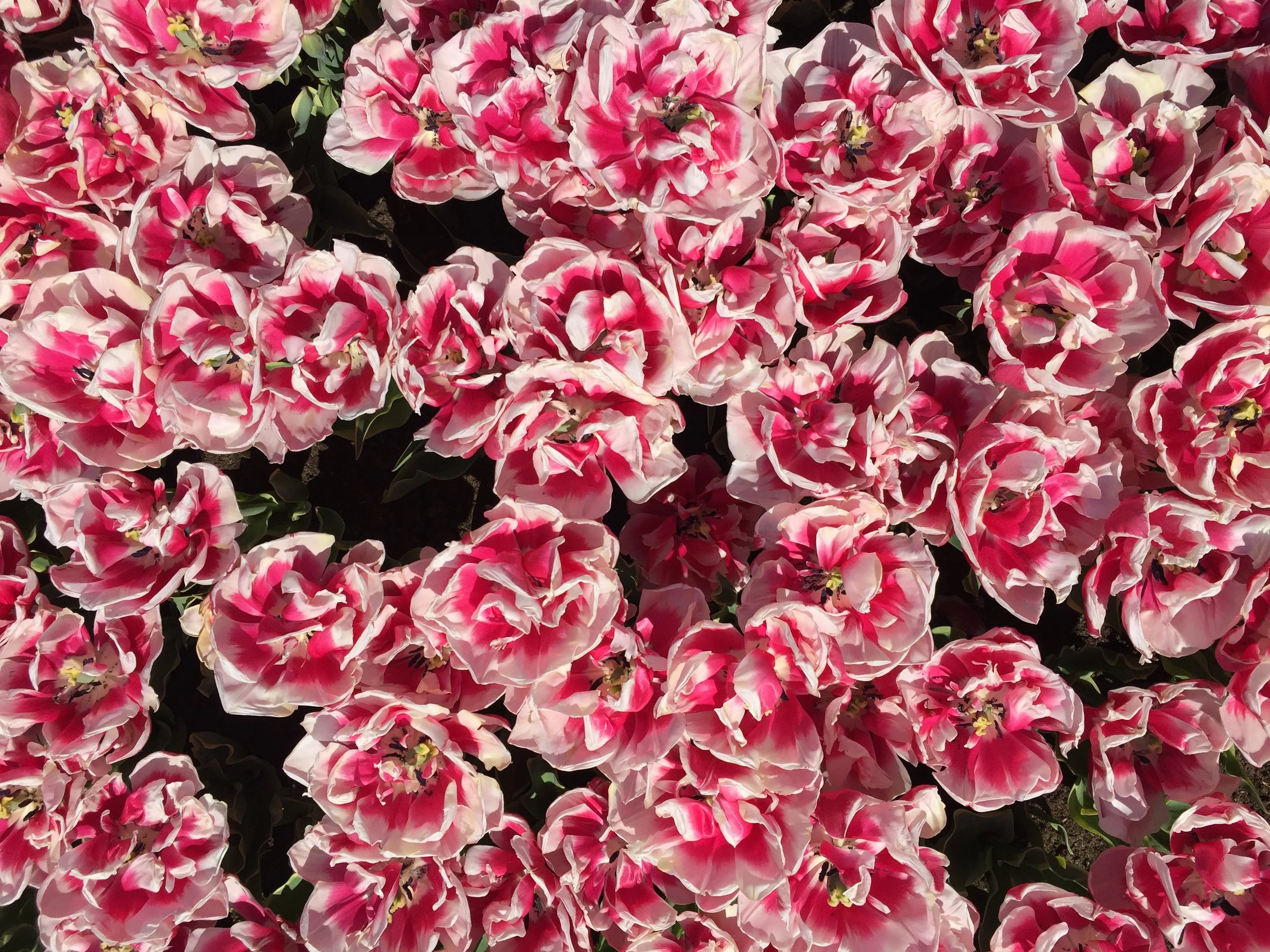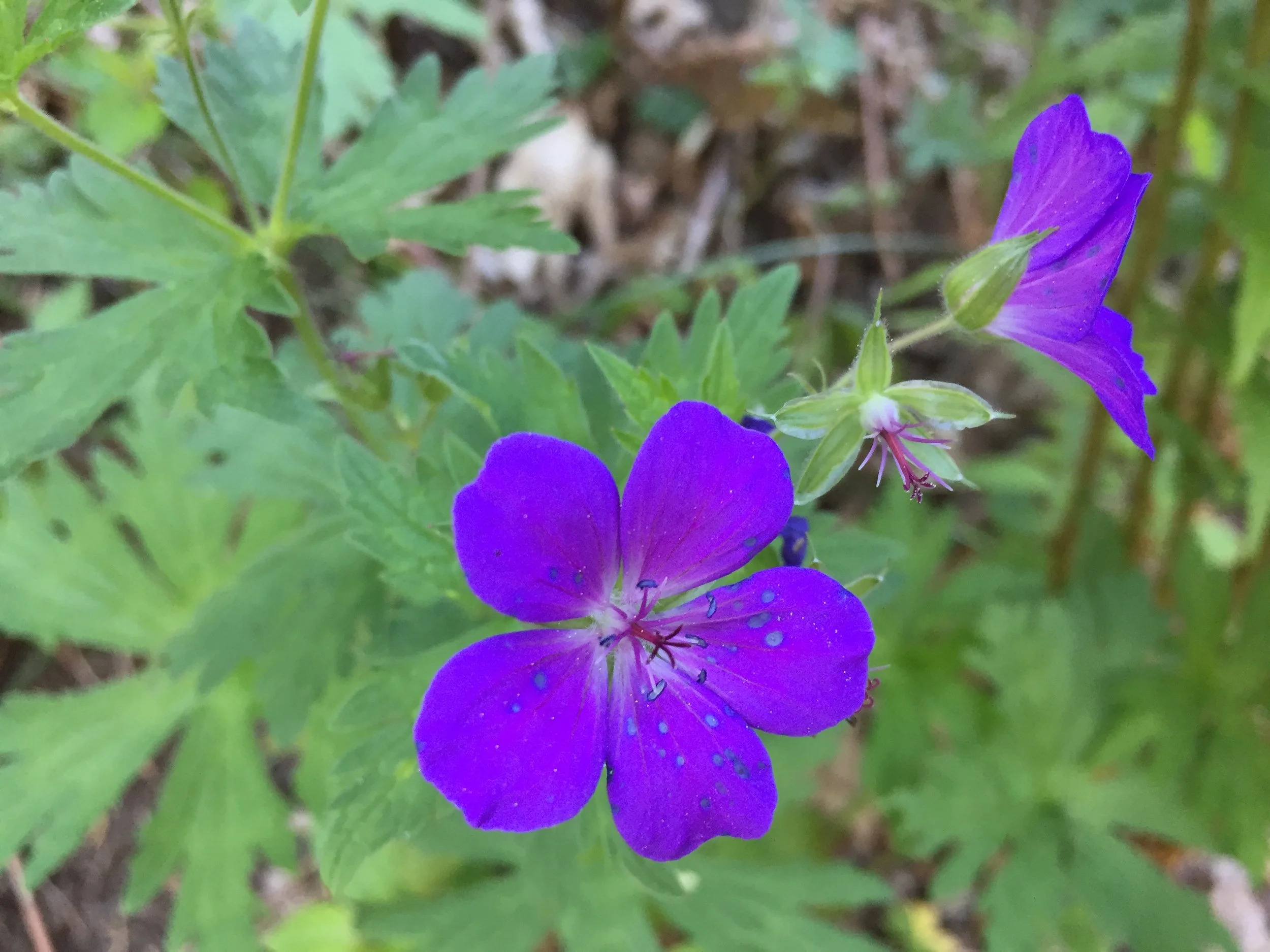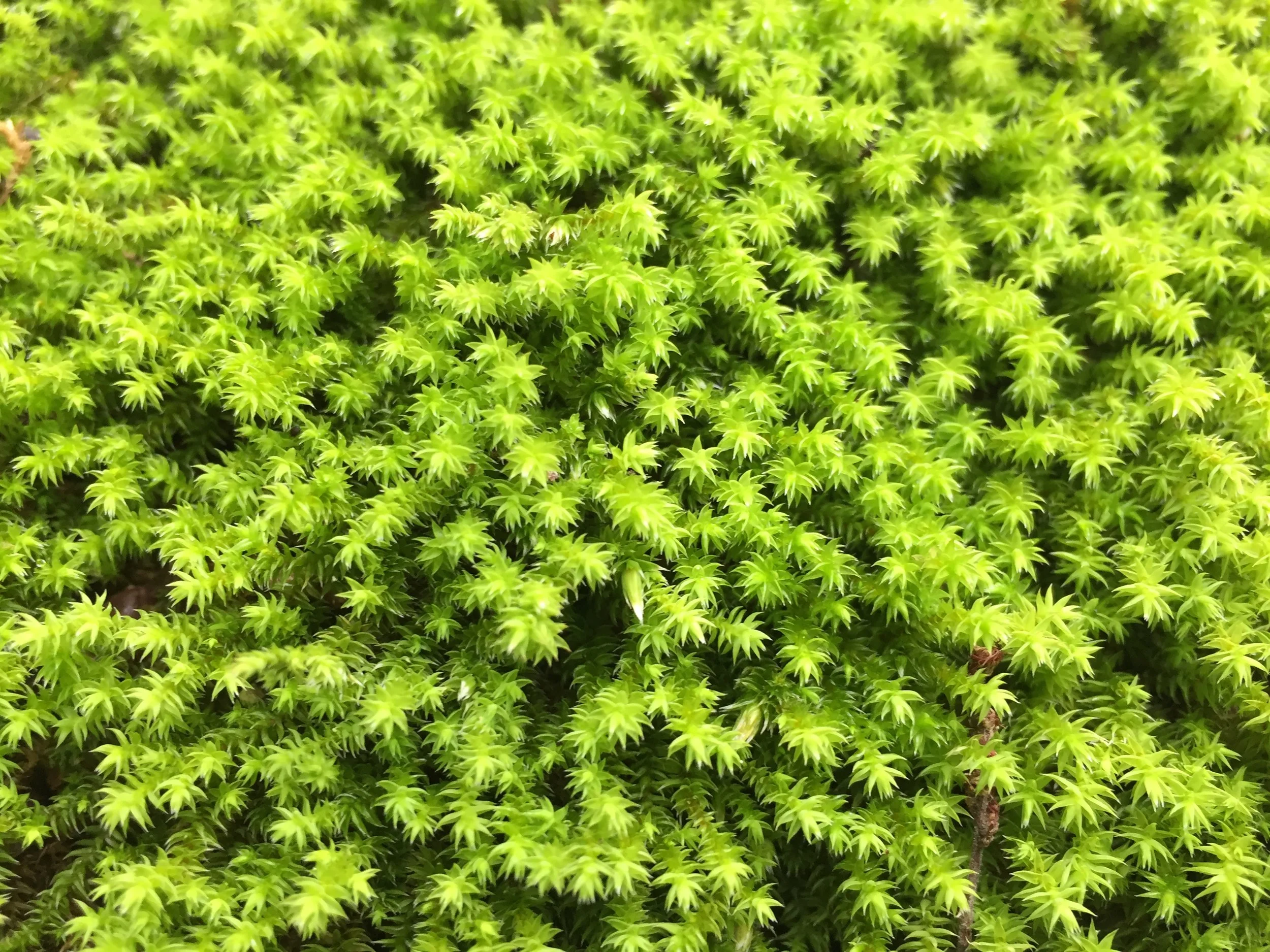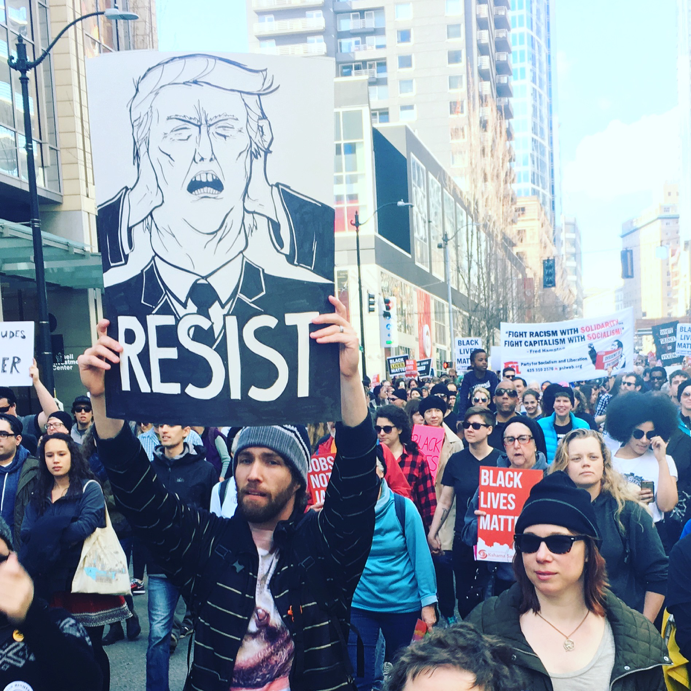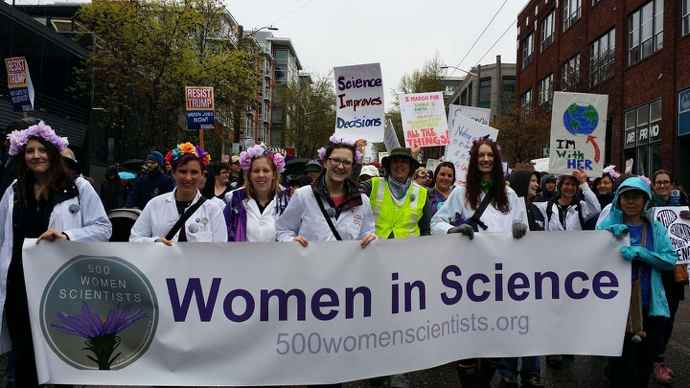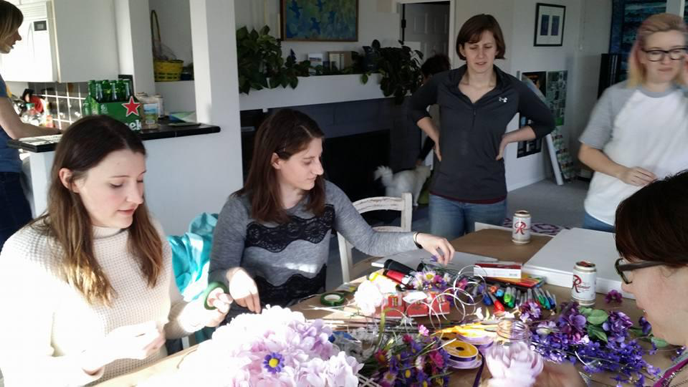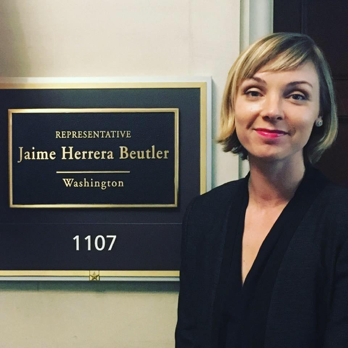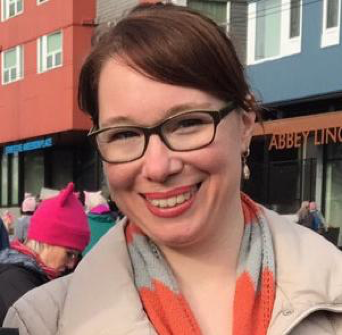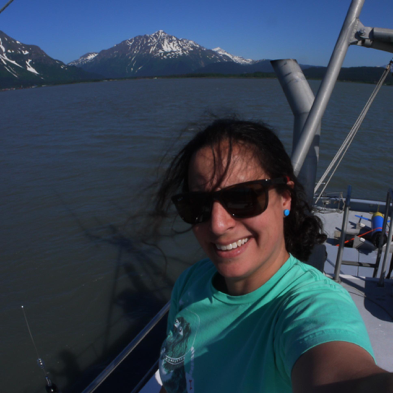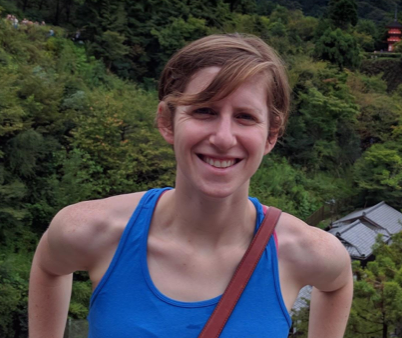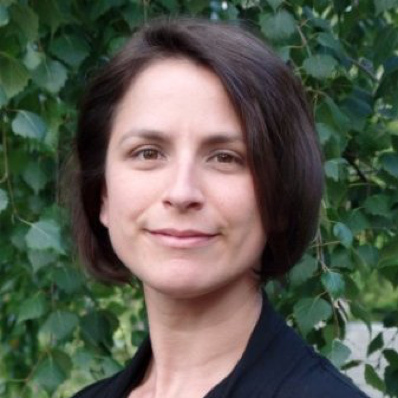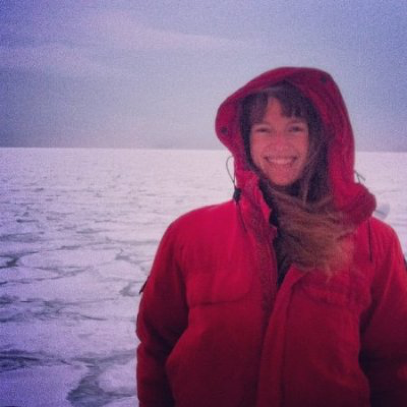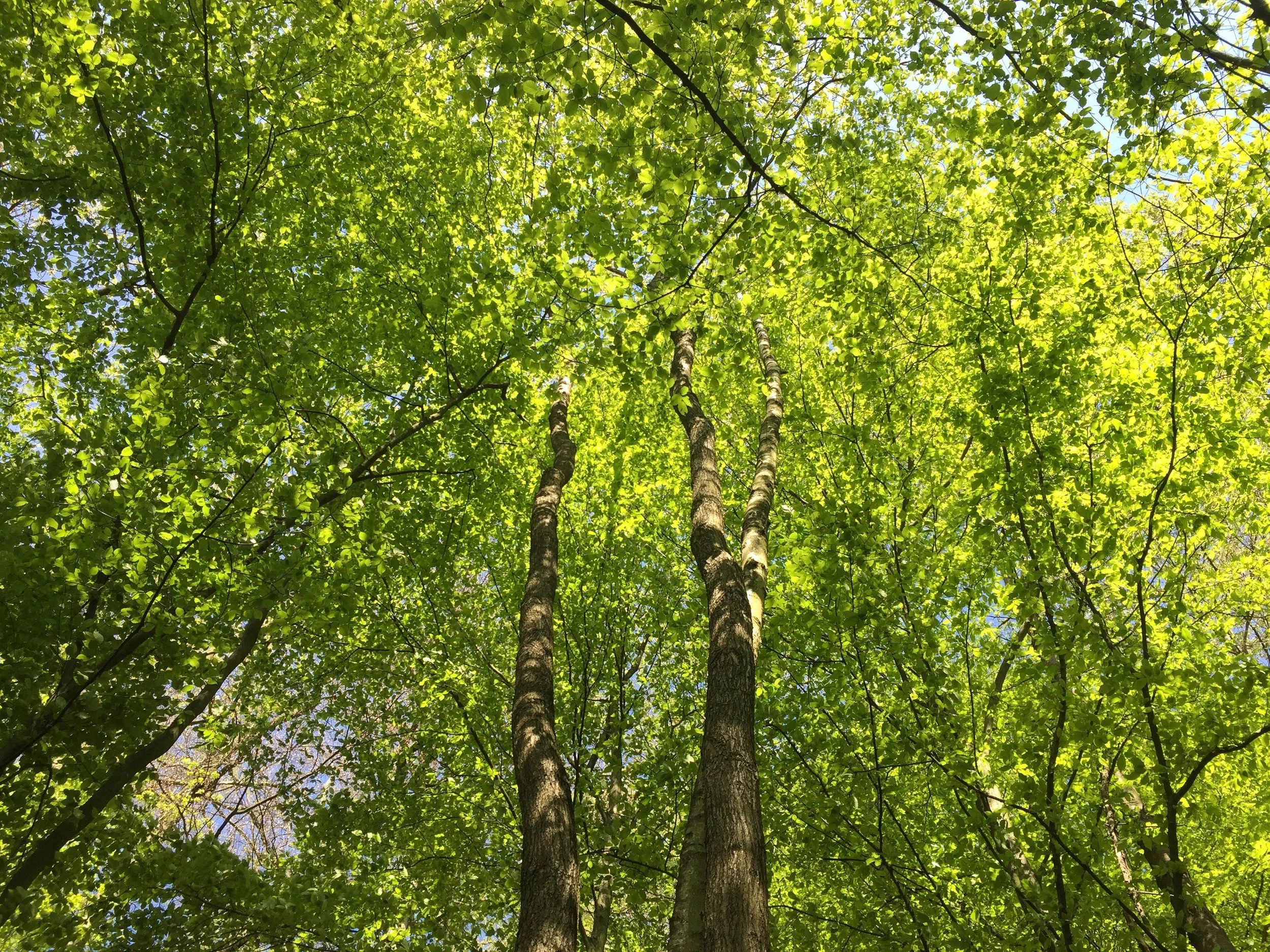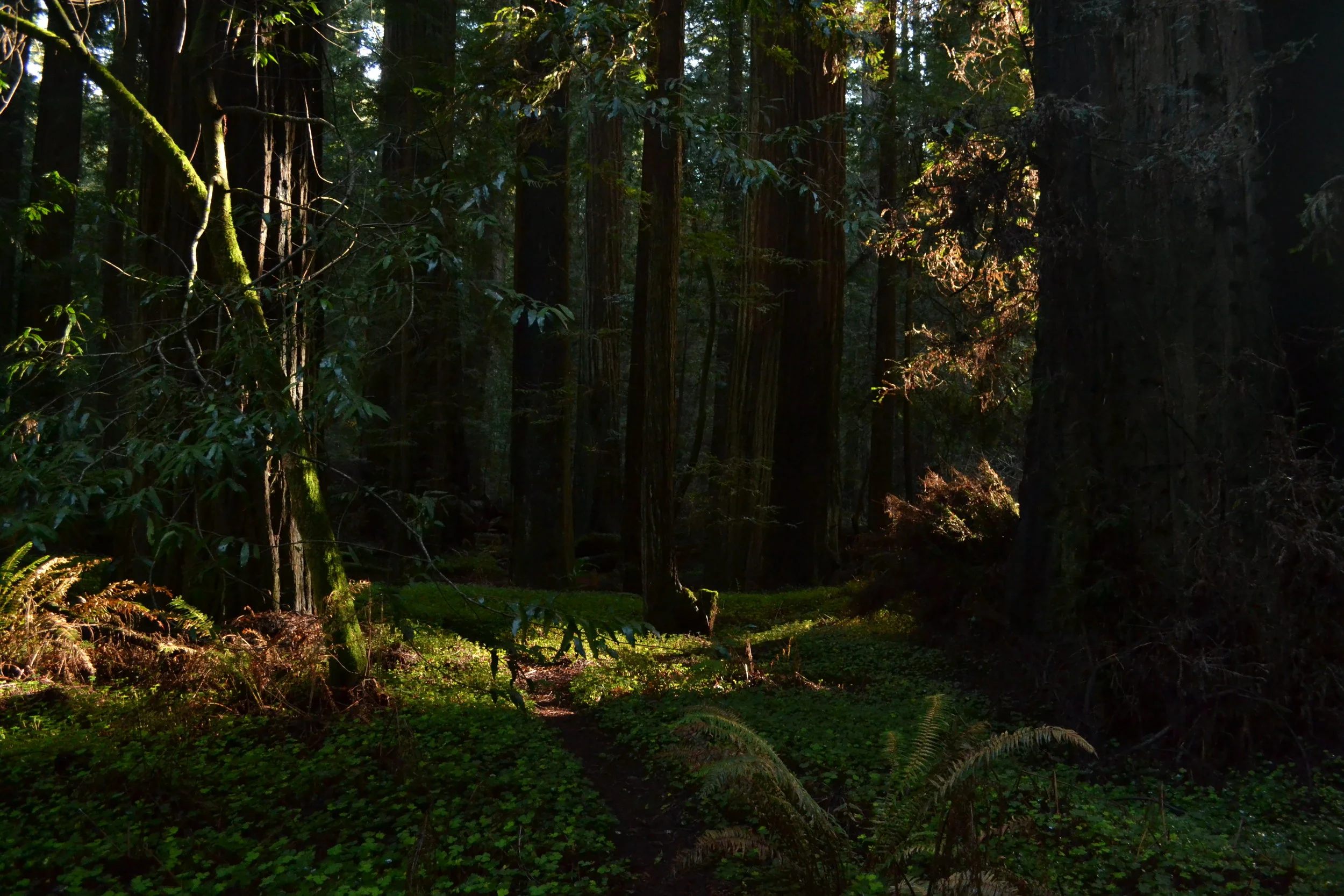(from top left Sarah, Jeanna, Kim, Hannah, Laura & Kate)
Dr. Sarah Myhre is a postdoctoral research associate at the University of Washington in the School of Oceanography and the Future of Ice Initiative. She is climate and ocean scientist, public speaker, and thought leader in the field of climate communication.
Dr. Jeanna Wheeler is a research scientist with the Seattle Institute for Biomedical & Clinical Research located at the VA Puget Sound. Her research areas are genetics and behavioral neuroscience. She is currently focused on understanding neurodegenerative diseases such as Alzheimer’s and ALS.
Dr. Kim Martini is a Senior Physical Oceanographer at Sea-Bird Scientific in Bellevue, Washington. She is passionate about data and communicating science in fun and accessible ways.
Dr. Hannah Gelman is a Senior Fellow (post-doc) in the Department of Genome Sciences and the Institute for Protein Design at the University of Washington.
Dr. Laura Osburn is a research scientist at the Center for Education and Research in Construction. She has a PhD in Communication with expertise in the use of storytelling for decision-making. She loves ethnography, narrative analysis, and observing how people make and use data.
Dr. Kate Richerson is a postdoctoral researcher at the Northwest Fisheries Science Center, focusing on marine and fisheries ecology. She is interested in the intersection of conservation and human well-being.

